Contents
Brief Introduction
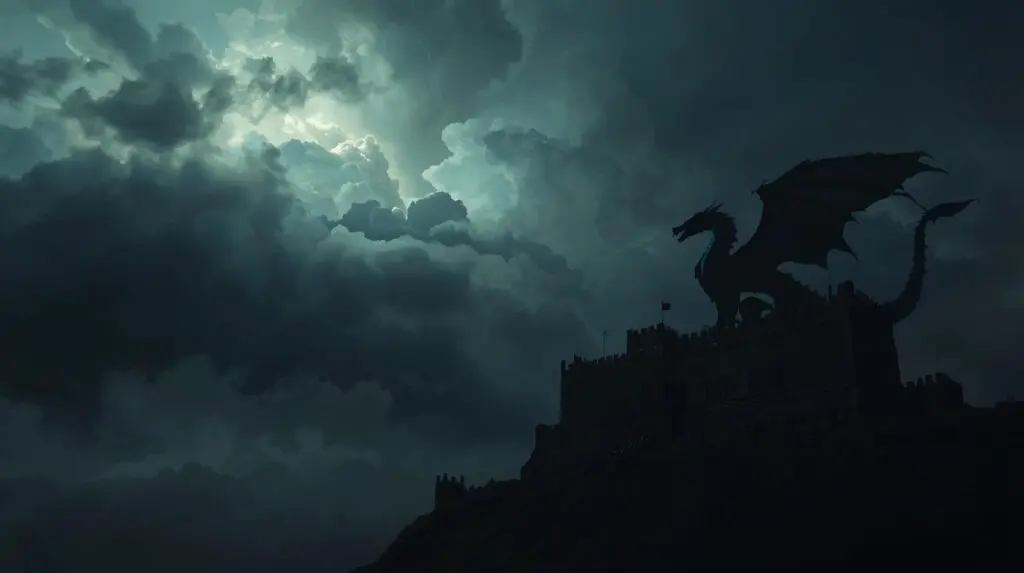
“Fourth Wing” marries the breathless pull of a competition narrative with the intimacy of a slow-igniting romance. Set inside Basgiath War College—an academy that operates like a state within a state—the novel follows Violet Sorrengail as she navigates lethal trials, fierce rivalries, and dragon bonds that rewrite the rules of power.
Why Fourth Wing Matters
“Fourth Wing” sits at the crest of the romantasy wave because it understands the subgenre’s core formula: how dangerous times make people closer to each other. Yarros builds a militarized campus where every ritual—parapet crossings, Threshing, and squad hierarchies—functions as political theater. The world’s public story (what leaders say) diverges from its private truth (what cadets live), turning scenes into arguments about who gets to define reality.
Culturally, the book’s relevance extends beyond the pages and has garnered many fan pages and discussion rooms. Recently, it was announced that Amazon, MGM Studios, and Michael B. Jordan’s Outlier Society are developing the Empyrean series for Prime Video, with Rebecca Yarros attached as an executive producer. Showrunner news shifted in 2024–2025, but a release date has not been set. Reading now lets viewers meet Violet and Xaden before the screen locks in faces and tones.
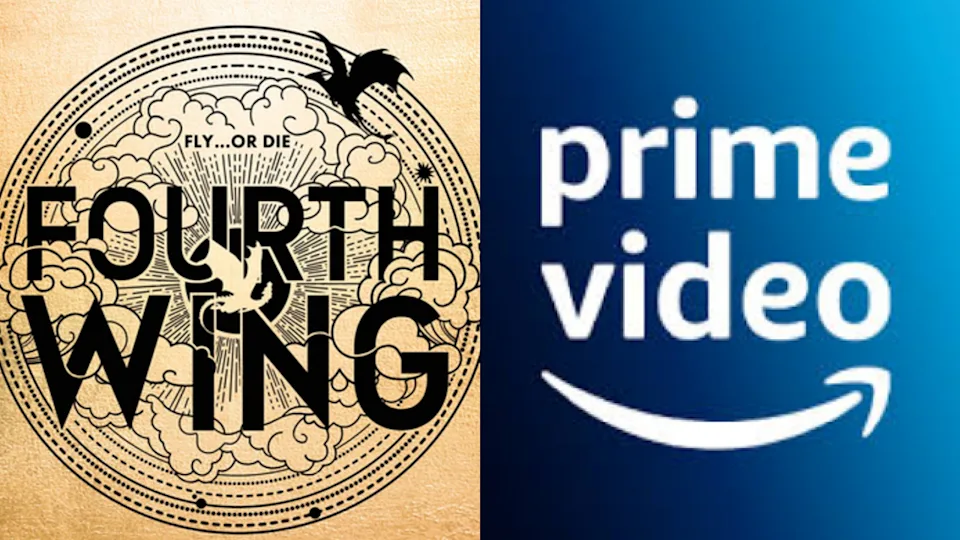
Author Check: Craft and Control

Rebecca Yarros writes with pace and discipline, using short chapters and clear scene goals. Dialogue serves as sparring, with witty banter enhancing character development and attraction. The romantic backdrop enriches the narrative, while intimacy develops through consent, shared tension, and trust. Despite familiar genre elements like rivals-to-lovers and predictable twists, the emotional resolution is satisfying.
Worldbuilding & Setting Notes
Basgiath is more than a school; it’s a compact state where propaganda, public punishments, and codified cruelty train loyalty as much as skill. The Riders Quadrant isn’t a glamour track but a meat grinder whose rules are made by survivors and enforced by fear. Dragons are autonomous beings with memory and law—Tairn and Andarna add a second (often unsentimental) voice that complicates human agendas. Even the wards and borders hint at a contested geopolitics that the syllabus conveniently omits.
Character Notes
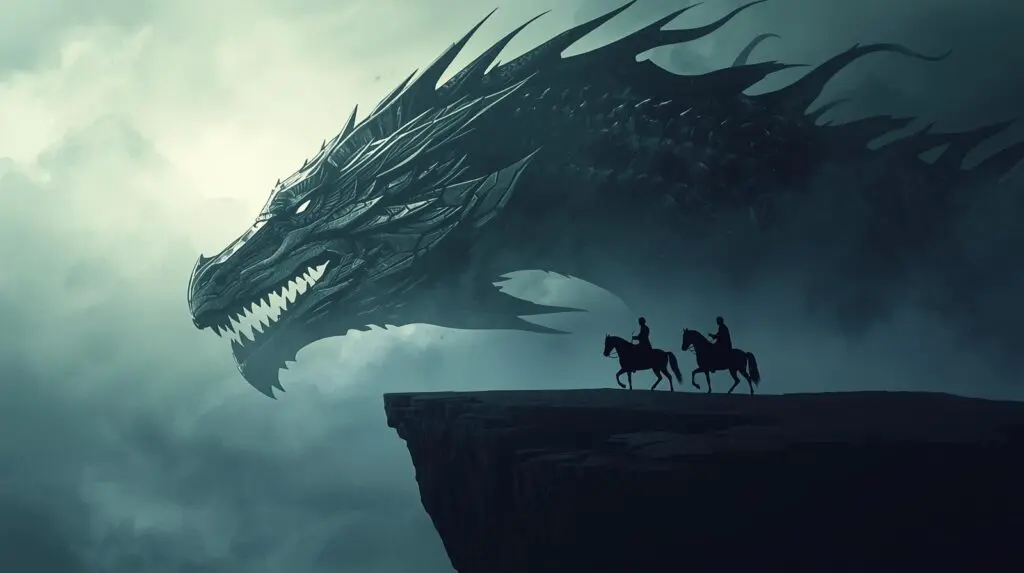
- Violet Sorrengail: Not a makeover heroine but a tactician. The book treats her chronic fragility as part of her toolkit, not a flaw to erase. Strategy, timing, and moral stubbornness define her wins.
- Xaden Riorson: The leader built on secrets and ledgered debts. He is protective without softness, principled without confession. His choices read as politics first, romance second—which makes the romance feel earned.
- Tairn & Andarna: More than companions, they are ethical constraints and accelerants. Their independent and free nature reframes consent, obligation, and what alliance means across species.
Themes & Ideas
Institutional Brutality vs. Personal Ethics
Basgiath teaches one lesson above all: people are expendable. The rules, the rituals, the public punishments—they’re designed to make cadets accept that claim without blinking. Violet won’t. Again and again, she faces moments where an order feels clean but the outcome feels wrong. Her choices suggest a quieter idea of courage: not just surviving the system, but refusing to become it.
Truth and Propaganda
Classroom speeches explain the world in neat lines. Life inside the quadrants keeps smudging those lines. The book poses a simple yet poignant question: Who benefits when the hard facts are concealed, and who suffers when they are finally revealed? As rumors harden into evidence, characters learn that telling the truth isn’t just brave—it’s expensive.
Consent and Power
“Consent” isn’t a door you open once and forget. It’s an ongoing practice. You see it in the telepathic bond with dragons, in risky tactics, and in intimacy. The story slows down—briefly—at these edges, checking that choices are mutual and reversible. That attention makes the heat feel earned and the alliances feel ethical, even under pressure.
Resilience
Violet’s body doesn’t transform into a genre cliché. She adapts around limits—pacing, leverage, timing, allies—and the narrative treats those adjustments as skill, not a workaround. Wins feel like problem-solving rather than miracle strength. That lens widens to others too, suggesting that resilience is a habit you build, not a single heroic moment.
Loyalty and Rebellion
Squads aren’t just social circles; they’re survival plans. Loyalty gets interesting when uniform and conscience disagree. The book doesn’t frame rebellion as a slogan. It shows a chain of small decisions—covering for a friend, sharing intel, breaking a rule—that move risk from the powerless to the people willing to carry it.
Dragons as Autonomous Beings
Dragons have their own law, their own memories, their own pride. They don’t bend neatly to human needs. That independence complicates strategy and romance alike, and it raises an ethical question the book returns to often: what does a just partnership look like when one side could end you with a breath? The more Violet listens, the less “ownership” makes sense—and the more “stewardship” does.
Style & Pacing
Line-by-line, the prose favors clarity over ornament and heat over haze. The structure stacks trials like rungs on a ladder—each recontextualizing the last—while cliff-driven transitions keep the pulse up. It’s deliberately action-packed, which makes the pages fly, but sometimes compresses political or historical texture that could deepen the world’s logic.
Notable Quotes
“Dragons don’t bond with fragile women. They incinerate them.”
“A dragon without its rider is a tragedy. A rider without their dragon is dead.”
“Remember that folklore is passed… It only takes one desperate generation to change history—even erase it.”
“Lies are comforting. Truth is painful.”
What Works
- Dragons impact: Tairn and Andarna affect the plot pacing and dictate what happens in the story.
- A strategist heroine: Violet uses thinking, patience, and teamwork to win, especially under stress.
- Romance with boundaries: Consent is explicit, pressure-tested, and narratively meaningful.
- The academy as micro-state: Rules, rituals, and propaganda act as story engines rather than mere vibes.
What Might Not
- Predictable romantasy beats: Seasoned readers may anticipate certain rivals-to-lovers moves and twist timing.
- Compressed world-logic: The fast pace means the story sometimes skips over deeper details about the world.
- Romance-forward balance:The book focuses more on romance than on military strategy, so fans of war stories might want more battle plans explained.
Violet Sorrengail & Bryce Quinlan Have Much in Common
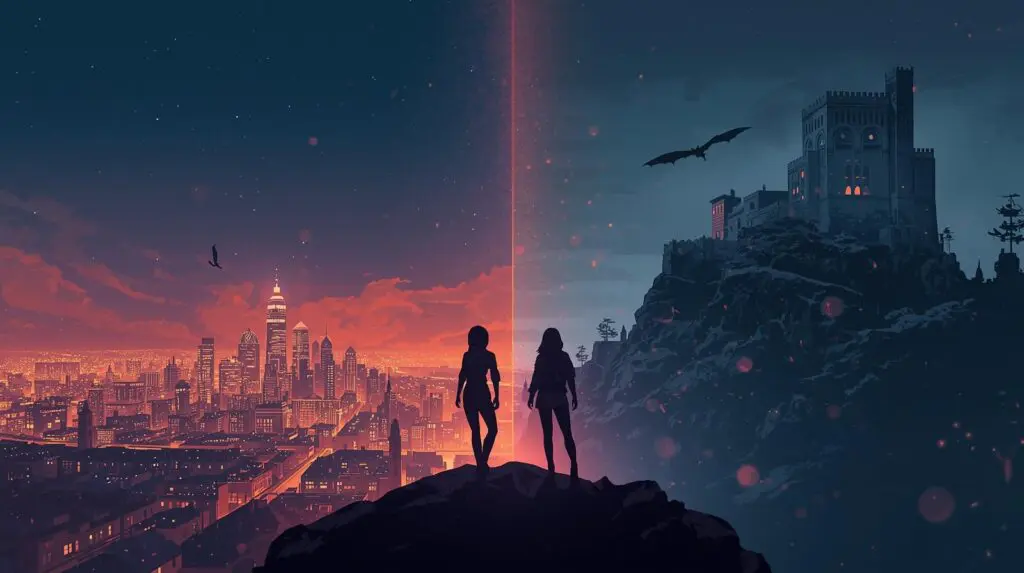
Fans of Sarah J. Maas’s Crescent City will notice echoes between Violet and Bryce Quinlan. Both resist authoritarian narratives, both piece together fractured truths, and both carry grief while staying strong and without loosing control. Where they diverge: Violet’s world is a Basgiath-tight military machine with dragon diplomacy; Bryce navigates an urban-fantasy metropolis where the Asteri’s power and the threat the rulers pose turn law into spectacle. If Maas’s world-building and shocking revelations hooked you—check our pieces on Bryce Quinlan and House of Sky and Breath—Violet’s strategic mind and the Riders’ ruthless ecosystem deliver a familiar charge with different rules.
Bottom Line
Fourth Wing delivers high-velocity romantasy—dragons as autonomous independent beings, a heroine who solves instead of postures, and a relationship that respects boundaries while stoking heat. Yes, some beats follow a set romantasy formula, and the political canvas can feel compressed. Yet the craft does what it promises: it moves, it stings, and it argues for courage as a practice.
Worth your time? Yes—if decoding power inside a war college for dragon riders sounds irresistible (and if you want to read before the Prime Video adaptation hits the screens).
What resonated most with you in Fourth Wing? Share your thoughts below.

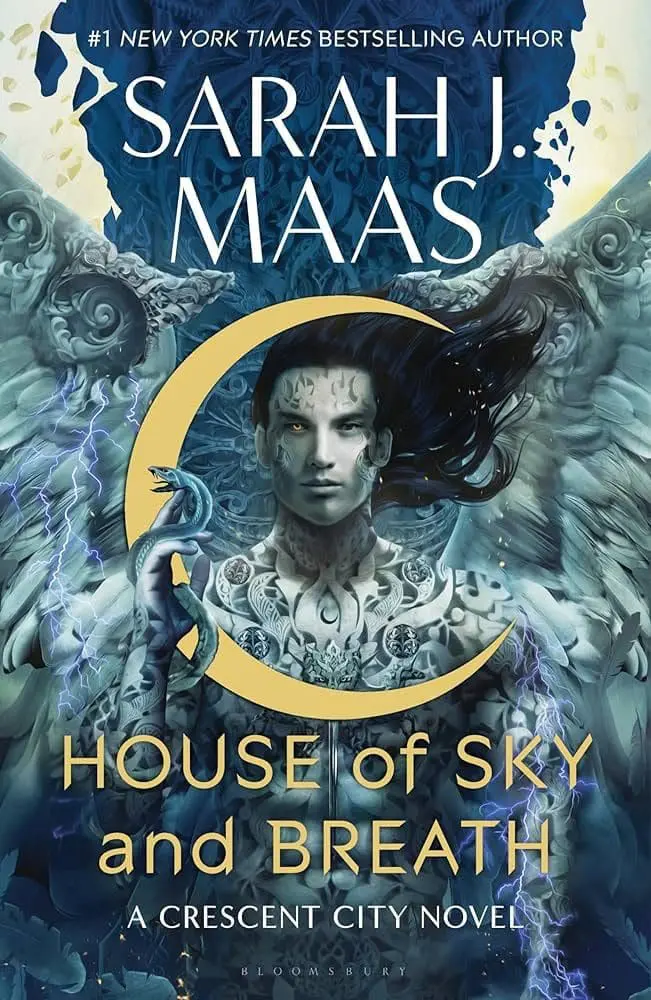
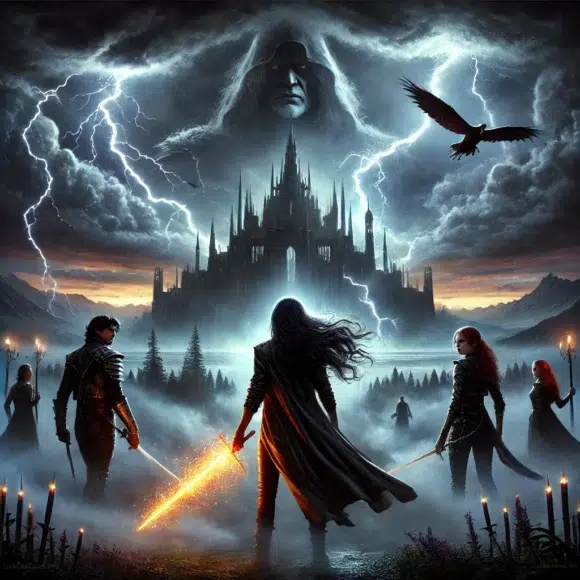
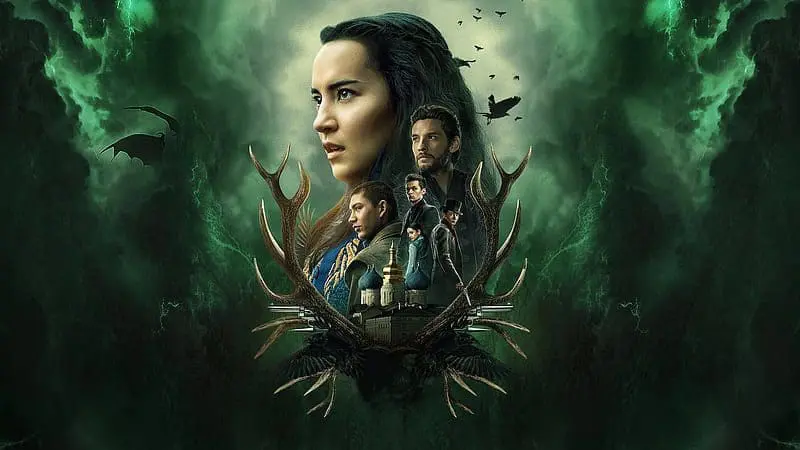
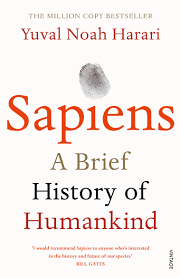



Your blog is a treasure trove of valuable insights and thought-provoking commentary. Your dedication to your craft is evident in every word you write. Keep up the fantastic work!
Thanks 🙂
Wow amazing blog layout How long have you been blogging for you made blogging look easy The overall look of your web site is magnificent as well as the content
Thanks 🙂